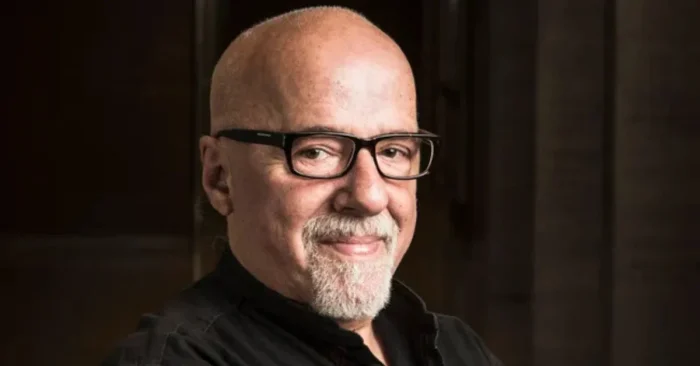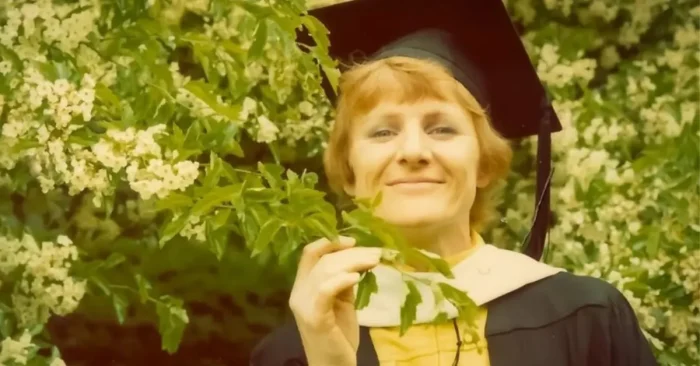Paulo Coelho – Biography
Early Life and Education of Paulo Coelho
Paulo Coelho was born on August 24, 1947, in Rio de Janeiro, Brazil. Raised in a conservative middle-class Catholic family, Coelho showed an early interest in literature and dreamed of becoming a writer. However, his parents, concerned about his unconventional ambitions, pushed him toward a more stable career. Struggling to conform to their expectations, Coelho experienced a troubled youth marked by rebellion. His parents, misunderstanding his passion for writing, committed him to a psychiatric hospital on several occasions during his teenage years, hoping to correct what they saw as erratic behavior. Despite these challenges, Coelho remained drawn to literature and self-expression, which would later define his life and career.
Early Career and Spiritual Search
After briefly studying law to satisfy his family’s wishes, Coelho dropped out and immersed himself in Brazil’s counterculture of the 1960s and 70s. He experimented with theater, music, and journalism, and even worked as a songwriter, collaborating with famous Brazilian musicians like Raul Seixas. However, his early years were not without danger; during Brazil’s military dictatorship, Coelho was arrested and tortured for his subversive activities. These experiences contributed to his later spiritual and philosophical outlook. Searching for meaning, Coelho explored various religions, philosophies, and mystical traditions, which would later become recurring themes in his writing.
The Life-Changing Pilgrimage
In 1986, Coelho undertook a pilgrimage along the Camino de Santiago, a medieval route in Spain. This spiritual journey profoundly transformed him and inspired his first major book, “The Pilgrimage,” published in 1987. The experience reaffirmed his commitment to pursuing his lifelong dream of becoming a writer. The pilgrimage taught him about the importance of following one’s path, listening to one’s heart, and embracing life’s spiritual dimensions—all central ideas that would come to define his literary work. This newfound clarity led him to write the book that would change his life forever.
The Alchemist and Global Success
In 1988, Coelho published “The Alchemist,” initially receiving little attention in Brazil. However, the book gradually gained international recognition and became a global phenomenon. “The Alchemist” tells the story of Santiago, a young shepherd who embarks on a journey to find his personal legend, encountering profound life lessons along the way. Its universal message of pursuing one’s dreams and listening to the soul struck a chord with readers worldwide. The novel has since been translated into over 80 languages and sold more than 65 million copies, making it one of the best-selling books in history. “The Alchemist” established Coelho as one of the world’s most beloved storytellers.
Literary Style and Themes
Coelho’s writing style is simple, poetic, and filled with spiritual wisdom. His works often blend fiction with philosophical and mystical elements, offering readers insights into destiny, love, courage, and self-discovery. Themes of spirituality, destiny, personal growth, and the search for meaning recur throughout his novels. Books like “Brida,” “Veronika Decides to Die,” and “Eleven Minutes” further expanded his international following. Coelho’s ability to communicate profound ideas through accessible narratives has made his work resonate across cultures, religions, and generations.
Global Influence and Recognition
Paulo Coelho’s influence extends beyond literature. He has become a global spiritual icon, inspiring millions to reflect on their own life journeys. His works have won numerous awards, and he has received honors from countries around the world, including being appointed a UNESCO special counselor for intercultural dialogues and receiving France’s prestigious Légion d’Honneur. Coelho actively engages with his readers through social media, where he shares reflections and interacts with a global audience. His openness and humility have endeared him to fans who see him not only as an author but also as a guide for personal transformation.
Personal Life and Ongoing Work
Coelho lives primarily in Geneva, Switzerland, with his wife, artist Christina Oiticica, though he often travels. Despite his immense success, he remains grounded, continuing to write and share his insights with readers worldwide. Coelho is also deeply committed to social causes. Through the Paulo Coelho Institute, founded in 1996, he supports children’s charities and cultural projects in Brazil, reflecting his desire to give back to his homeland and support those in need. His personal story of overcoming obstacles to fulfill his dream continues to inspire readers seeking meaning and courage in their own lives.
Conclusion
Paulo Coelho’s journey from a troubled youth in Brazil to one of the world’s most celebrated authors is a powerful testament to following one’s passion and embracing life’s spiritual mysteries. Through his simple yet profound storytelling, Coelho has touched the hearts of millions, encouraging readers to pursue their dreams and listen to their inner voice. His legacy as a master storyteller and spiritual guide continues to influence and inspire people across the globe.
Frequently Asked Questions (FAQs)
What is Paulo Coelho best known for?
He is best known for his novel “The Alchemist,” which has become one of the best-selling books in history.
What themes does Coelho explore?
His work often explores spirituality, destiny, personal growth, and the pursuit of one’s dreams.
Where does Paulo Coelho live?
He lives primarily in Geneva, Switzerland, with his wife, Christina Oiticica.
Has Coelho won major awards?
Yes, he has received numerous international honors, including the Légion d’Honneur from France.
Does Coelho support any charities?
Yes, through the Paulo Coelho Institute, he supports children’s charities and cultural projects in Brazil.
















